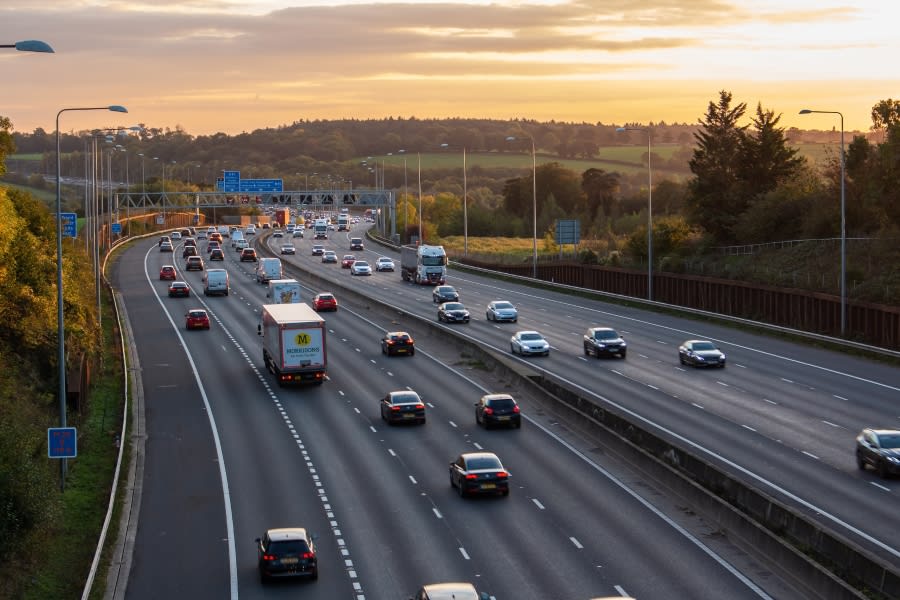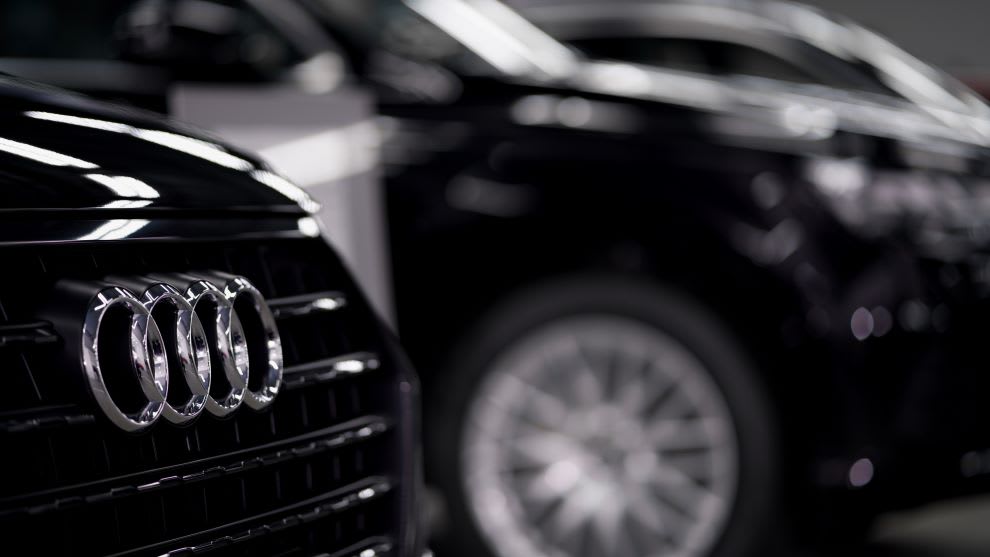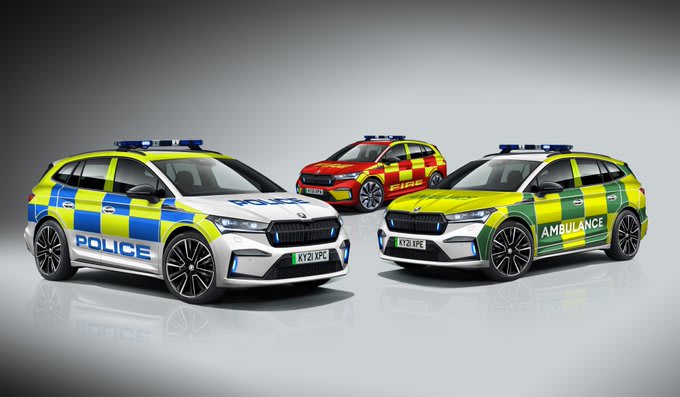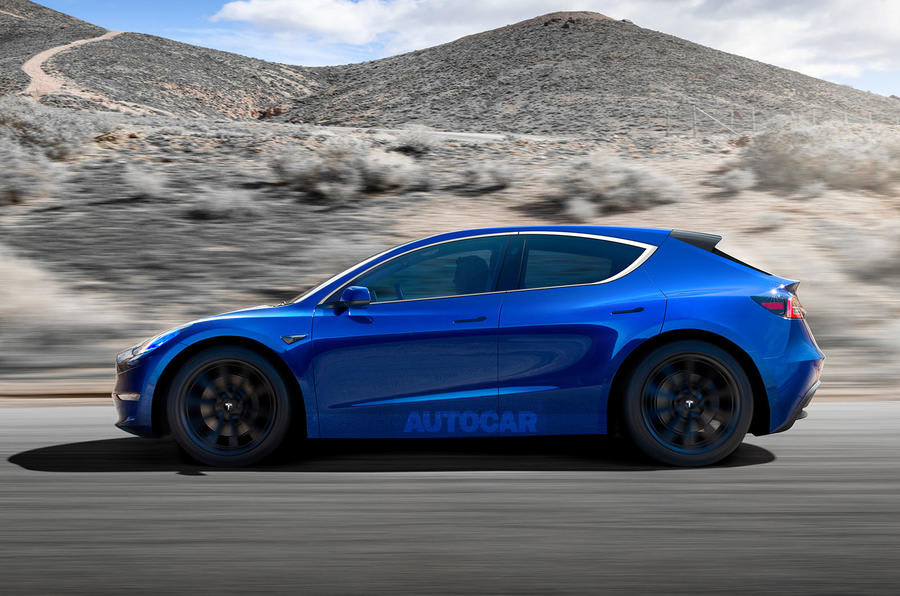We live in strange times, with change in the air. Not only are the home nations performing at major football tournaments, but lockdown restrictions look set to end and there’s a mobility revolution on the cards.
According to the Metro, a new study from the Institute for Public Policy Research (IPPR) suggests an additional 10 million cars will be on the roads of the UK in the next 30 years. The IPPR has reportedly expressed concern that such an increase in traffic will impact the environment, even if the UK phases out petrol- and diesel-powered cars over the coming years.

The report says even electric vehicles (EVs) produce emissions – through tyre degradation and manufacturing processes, for example – and the government should do more to promote walking and cycling as alternatives to the private car. However, the AA’s president, Edmund King, told the Metro:
“One must question whether some of the aspirations in this report are affordable, achievable or desirable. Government, manufacturers and drivers should welcome this push towards electrification.”
Well, Mr King will be heartened to see signs that the shift towards electric propulsion remains on track. The latest figures from the Society of Motor Manufacturers and Traders (SMMT) suggest more than 10% of all new cars registered during June were electric vehicles.
Over the whole first half of 2021, the data shows EVs made up 8% of total new car sales. However, with just nine years left until the government ban on the sale of new petrol and diesel cars comes into force, petrol power still makes up roughly half of all new car sales.

But it seems that won’t stop Audi cutting petrol and diesel engines from its line-up altogether. Audi had already confirmed it would stop developing its own internal combustion engines, but with the vast reserves of the Volkswagen Group to fall back on, there was no indication petrol and diesel would be wiped off the menu. But according to an article on CarBuzz, the Reuters newswire is reporting that Audi’s head honcho, Markus Duesmann, has told senior Audi officials the brand will go all-electric from 2026.
Meanwhile sister company Skoda is already ploughing ahead with its electrification programme. The Czech company has announced it will offer the new Enyaq iV electric SUV to emergency services including the police, ambulance and fire services.
The firm has already created a huge number of ‘blue-light’ conversions of popular models including the Kodiaq and Octavia, but this is the first all-electric car the company has offered to emergency services.

And there’s good news for anyone who wants to lease a new electric car, because Tesla has reportedly said it will open up the Supercharger network to other car makers next year. According to dedicated electric car site Electrek, the American company has told Norwegian officials it will begin offering use of the network to other brands’ vehicles from September 2022.
However, Electrek says any agreement with another brand will have to include at least some element of cost sharing.
That isn’t the only plan Tesla is reported to be hiding up its Silicon Valley sleeves. According to Motor1.com, Autocar has reported Tesla is plotting an electric family hatchback to rival the Volkswagen ID.3. Rumoured to be an affordable alternative to other family cars including the Ford Focus, the new car is set to arrive in the UK in 2023.

Source: AUTOCAR
It’s thought the car, which Tesla boss Elon Musk has reportedly already deemed a good idea, is set to be built in China for markets around the world.
Enjoyed this? Read our latest electric news:
- New trim levels for Volvo XC40 Recharge SUV
- The World’s Most Tech-Heavy Cars Revealed
- Lunaz receive investment from David Beckham while Shell are ordered to reduce emissions by 45%
- Renault reveals new self-charging Captur E-Tech Hybrid
-
Second generation Bentley Bentayga Hybrid launches
For all the latest reviews, advice and new car deals, sign up to our newsletter here.

















